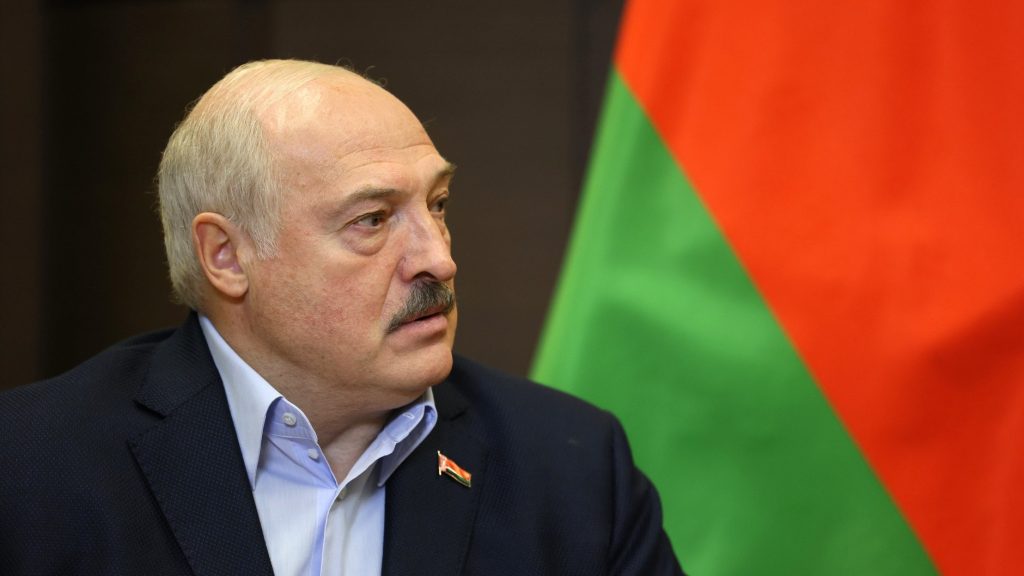For much of the 20th century, the landline telephone was a fixture in every home and office, a tool for family conversations, business deals, and political decisions alike.
Others are reading now
Today, entire generations have grown up without ever using one, relying instead on mobile devices that store every call, photo, and message in the digital cloud.
But in Belarus, President Alexander Lukashenko has suggested that the old ways might still be the safest.
Security over convenience
Speaking to government officials, Lukashenko urged them not to abandon traditional landlines, warning that mobile calls could be intercepted abroad.
According to him, conversations held on cell networks risk ending up “on servers in Canada or the USA,” state agency BelTA reported.
“Not because I am a conservative. There is no secret what you do, where you go, whether you have a phone. No secret,” the president said, describing his position as a matter of national security rather than nostalgia.
Also read
Lukashenko argued that wired communication remained the most secure option for official use.
Skepticism of digitalization
The Belarusian leader also expressed doubts about the country’s drive toward total digitalization.
He cautioned against putting every service and record online, suggesting that some documents and information should continue to be stored on paper.
“We don’t have to turn everything into digital format,” Lukashenko said. “If possible, it’s better not to get into it.”
His remarks reflected his administration’s cautious attitude toward technology, often justified by national security but criticized by opponents as a form of control.
Also read
Downplaying privacy concerns
Lukashenko further told citizens not to overreact to the issue of personal data, saying information such as addresses and phone numbers should not be treated as highly sensitive.
“And the people should not get too excited: ‘Ah, personal data – phone number, something else, address,’” he said.
The president’s comments arrive amid broader international debates on cybersecurity and data protection, as governments around the world grapple with balancing privacy, security, and technological progress.
Sources: Digi24, BelTA, Profimedia


